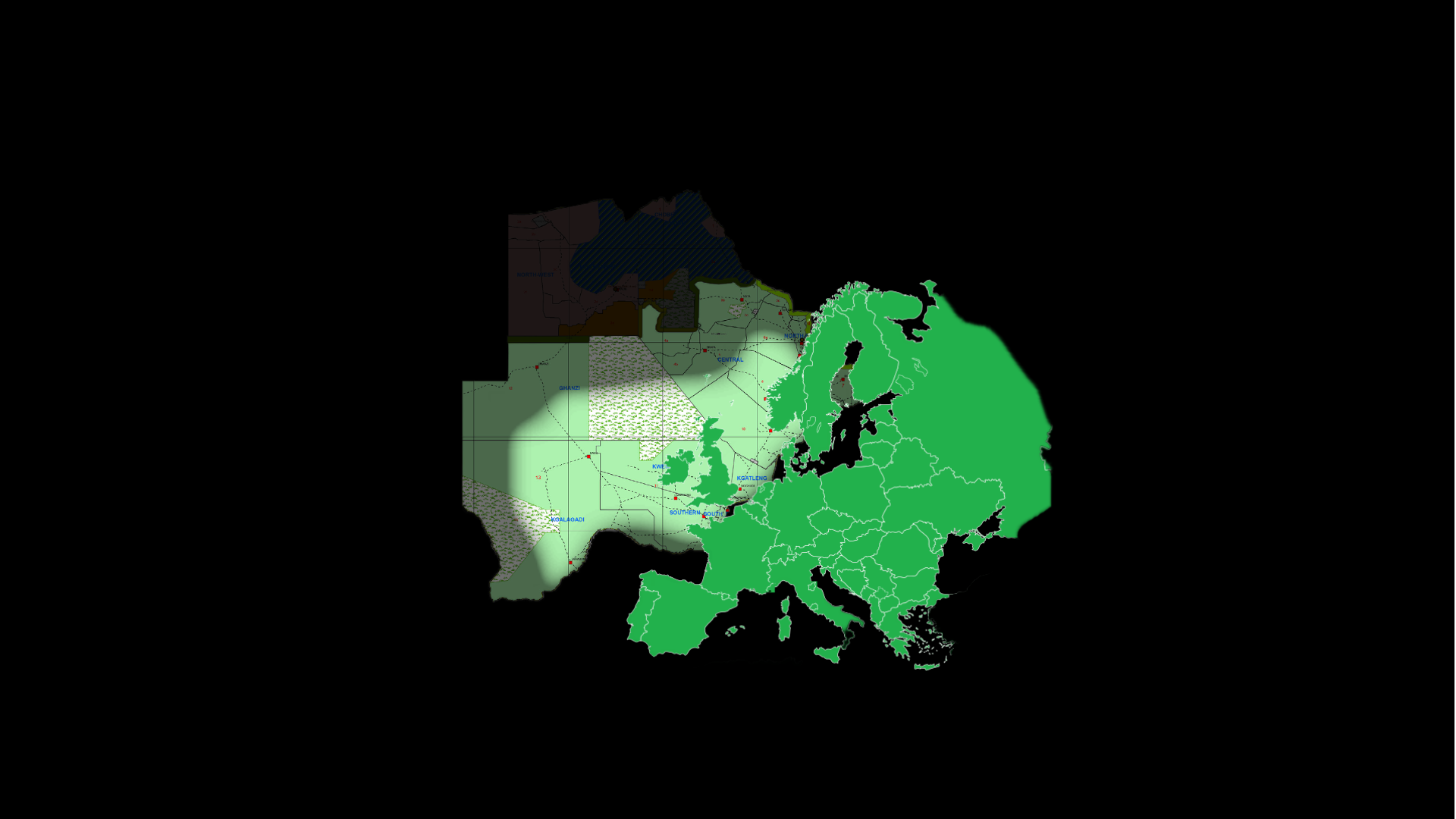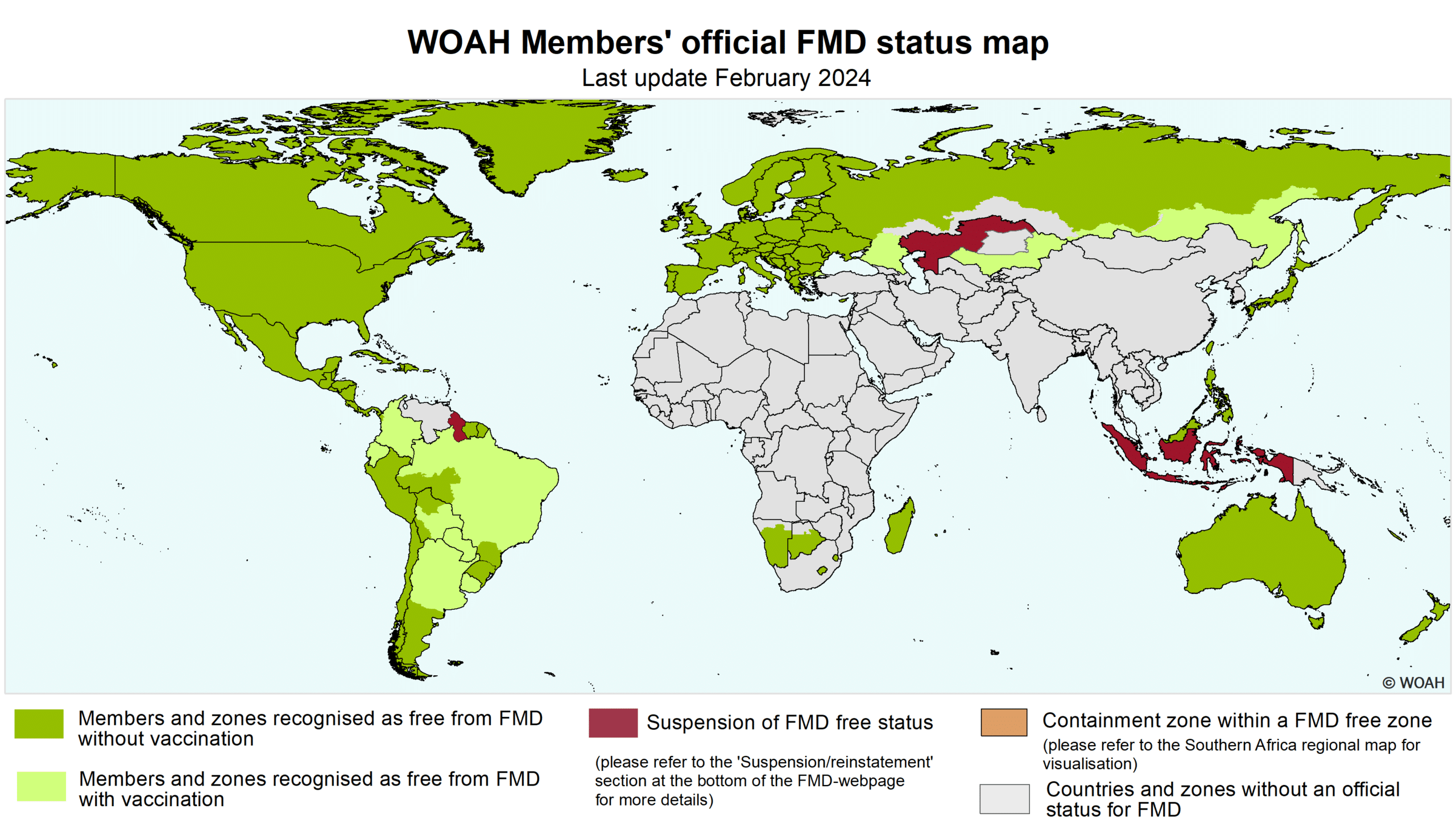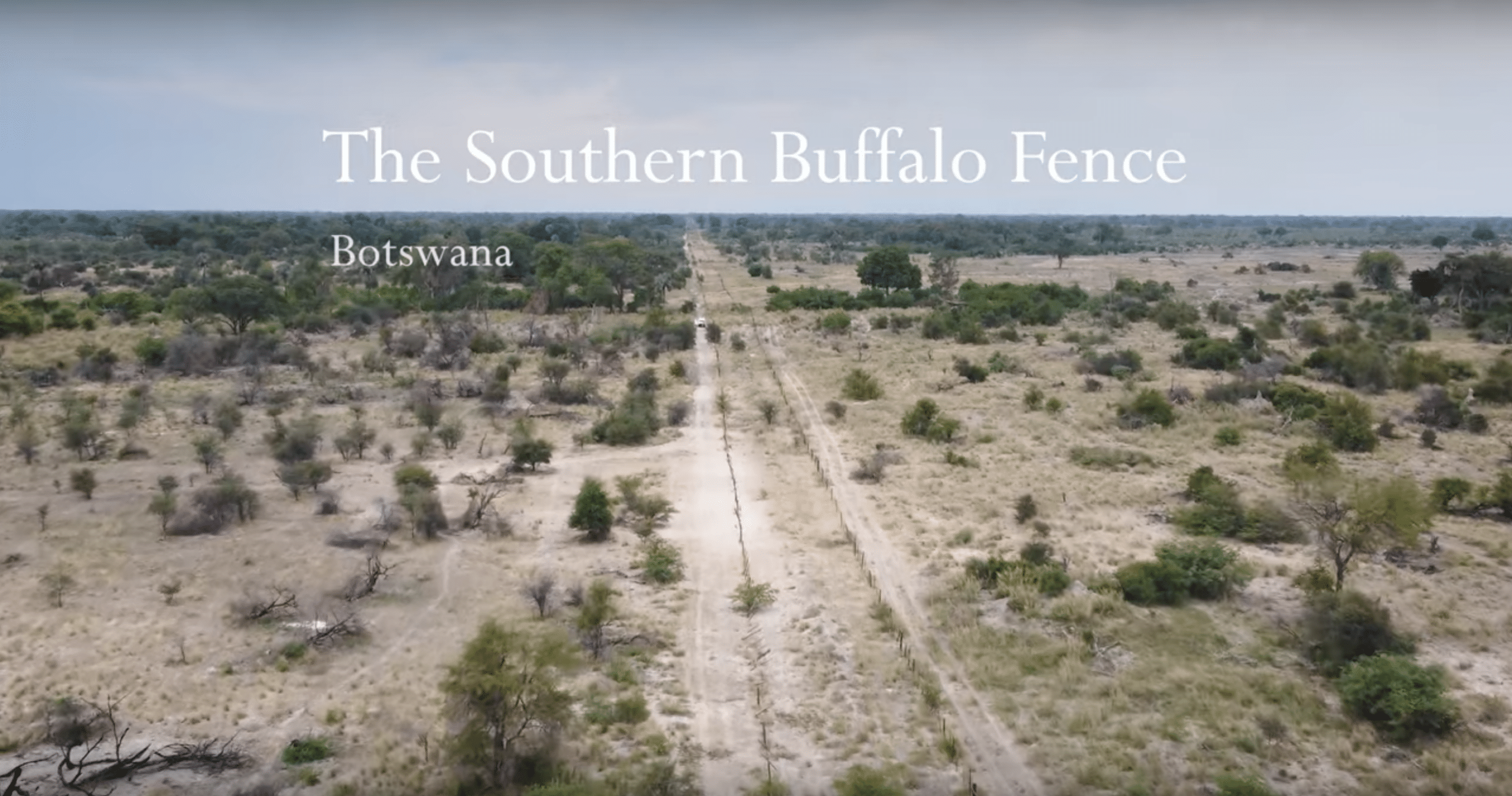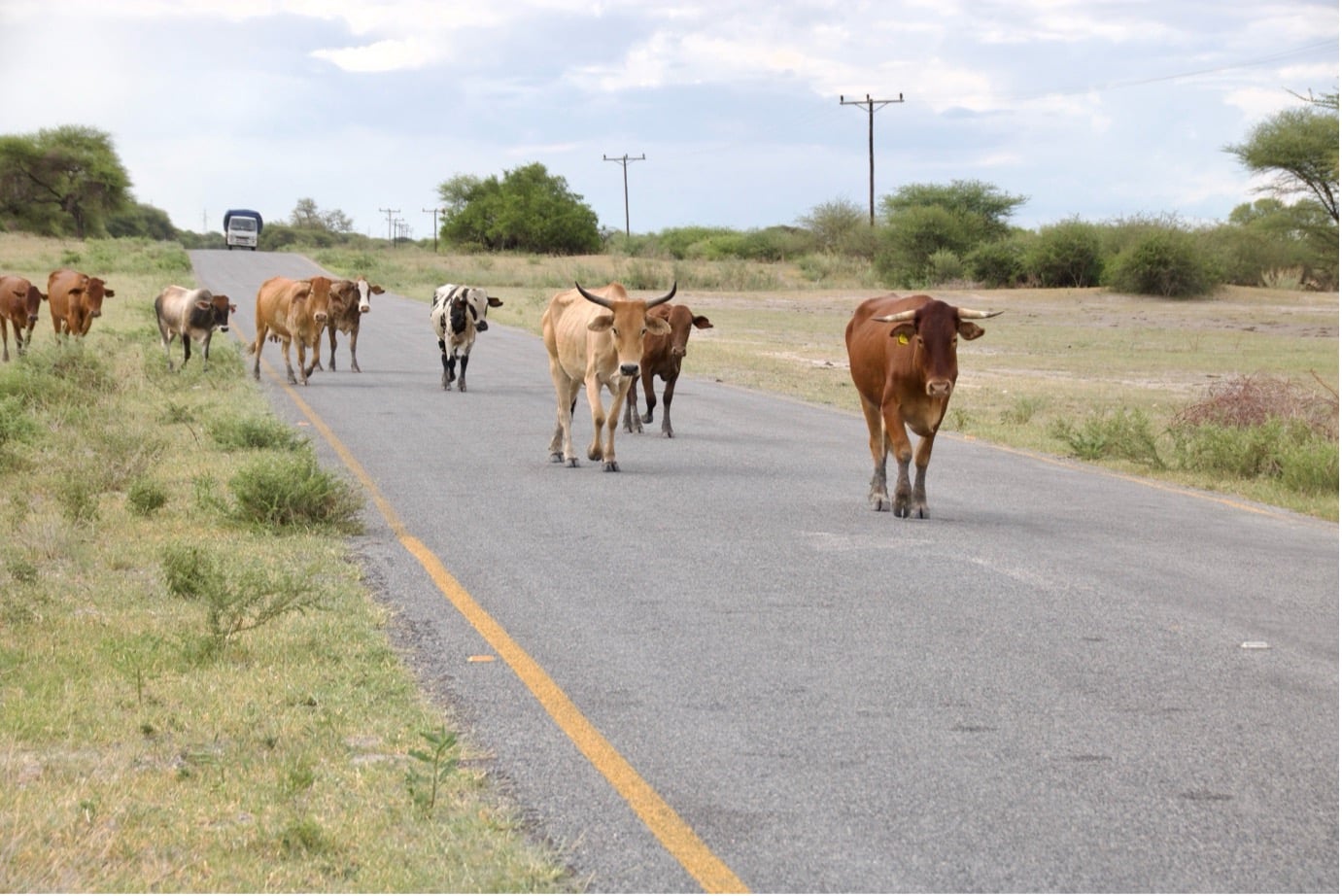Dealing with research fatigue and expectations during fieldwork
A personal reflectionby Julia Brekl

It can be one of the greatest challenges of conducting research with people and it was my most pressing anxiety before I started fieldwork: Research fatigue. The tiredness or even annoyance of people and communities who have experienced many researchers coming without tangible results happening or a lack of communication of research findings. This is not uncommon in many areas of the Global South, where (white) researchers from the Global North often still dominate knowledge production. Northern Botswana with its rich wildlife populations and ecosystems is one of those places that has attracted many researchers, especially natural scientists, in the past decades (LaRocco et al. 2020). The growing focus on the human dimension in conservation sciences has led to increased research with rural, often marginalized communities. Although Botswana’s economic development has increased significantly since the 1980s and it is often referred to as the “African Switzerland”, income distribution in the country is very unequal (World Bank 2015). Northern Botswana is particularly affected by poverty; in the Ngamiland district, where I mainly realized my fieldwork, more than 60% of people live in poverty (Pilot National Multidimensional Poverty Index Report 2021).
On the one hand, increasing attention to those who live most closely with wildlife (and might benefit least from it) is important for understanding the impacts of conservation and wildlife behavior and ideally can contribute to elevate peoples voices. On the other hand, reporting the same problems and stories over and over again without seeing any change or even knowing where information is actually going can lead to frustration and rejection.
Will I be accepted by people? How can I gain trust? Will I be able to conduct my research at all? How can I make my research helpful to people? What can I do to contribute with my research to changes in the longer time? These and other questions kept me busy during my preparations for field research and I’m still thinking about answers.
My arrival
I found access to what would become my main research village through a “Kgotla” (Setswana word for village place where important (court) meetings take place) community meeting where my research and my stay were discussed[1]. One attendant asked about the benefit of my research to the community. I assumed this question would come up and even though I had thought several times about it, I didn’t have another answer than saying I would do my best to communicate my research to relevant authorities and the local NGO to hopefully improve collaborations. A very general answer, nothing tangible. But what else could I promise at that point, since I didn’t really know people’s needs and ideas well? I added that I could also help out with writing letters, sharing my knowledge where possible, occasionally helping out with transport and working on a book for the community if desired. However, much of this had more to do with my physical presence and privileged resources as a white researcher from the Global North than with my research. My suggestions met approval and I was welcomed as “our sister” to stay in the village.
Living with a local family and getting involved in everyday life helped me to gain some degree of trust by some community members and to find connection, because somehow I was now a villager who, in addition to research, also took part in village life. Going to tuckshops buying fat cakes, taking village walks in the afternoons, also struggling to get water at times or just hanging out together at the fire. At the beginning almost everyone just called me “Lekgoa” (white person), but now more and more people started calling me by my name, which pleased me and made me feel less like a stranger.
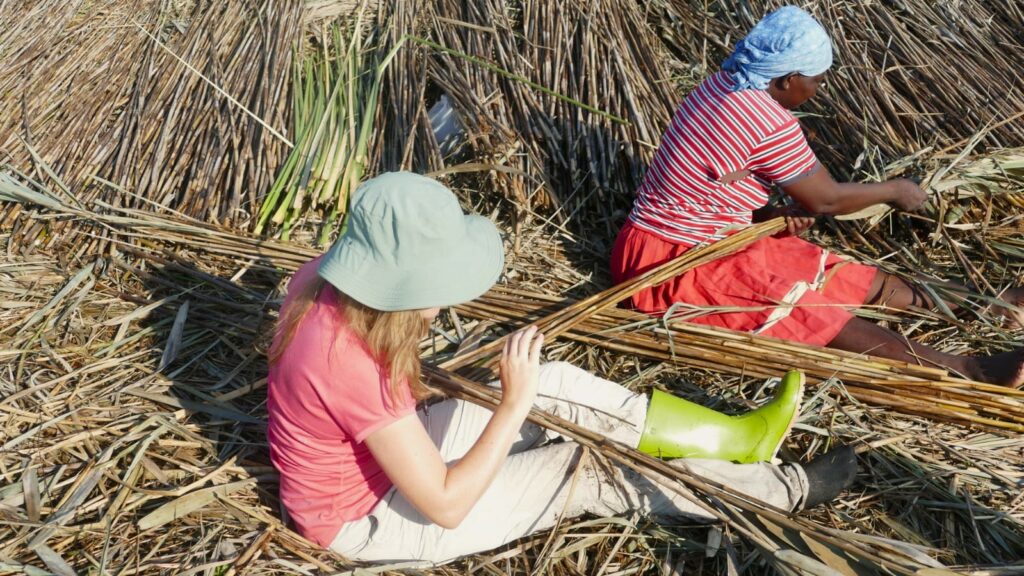
The “helper”
In the early days of my research, many people came to me with various requests, be it to take them to their field in my car, to help them set up their business idea or to help out with computer work. These support services were often relevant to my ethnographic research because I learned a lot about people’s wishes, visions, everyday challenges and lastly interactions with wildlife. But after a while I also had to learn to set boundaries and not always be able to help out. My helping out also seemed to have led to my role in the village suddenly being perceived as a “visiting helper” by some villagers. Perhaps my many suggestions at the Kgotla meeting led to confusion and I should have been clearer about my limited capacity from the start.
I was then supported by my host family and my local research assistants, who tried to make people understand that my research was my main task and that I didn’t always have the time and financial capacity to help everyone out. Nevertheless, I am convinced that I was never able to completely shake off this image and the associated expectations of myself as an “newcomer” or “lekgoa” and some people may have been disappointed at times. There is also a certain image of white people “makgoas” which is influenced by the racialized tendencies in safari tourism in Botswana, where many white foreigners still hold leadership positions and the tourists who are able to afford the luxury safari stays are also largely white (LaRocco et al. 2020). Whiteness is therefore often associated with money and power. The expectations and hopes towards me that I felt in interviews and personal encounters were sometimes high and I tried to correct my image and make clear that my knowledge and resources were also limited. On the other hand, I also learned that it is not uncommon to ask each other for (material) help locally and certainly this was not always connected to my whiteness and privilege.
Tired of talking about wildlife
Many of my informants had been interviewed about wildlife before and because of the ongoing damage that they are experiencing from wildlife such as livestock losses to lions, some of them were annoyed to talk about wildlife. In such situations, I tried to address the person and the issues that were important to them. In addition, I sometimes had the feeling that I shouldn’t pose too many questions on wildlife so as not to make the person in front of me feel less important.
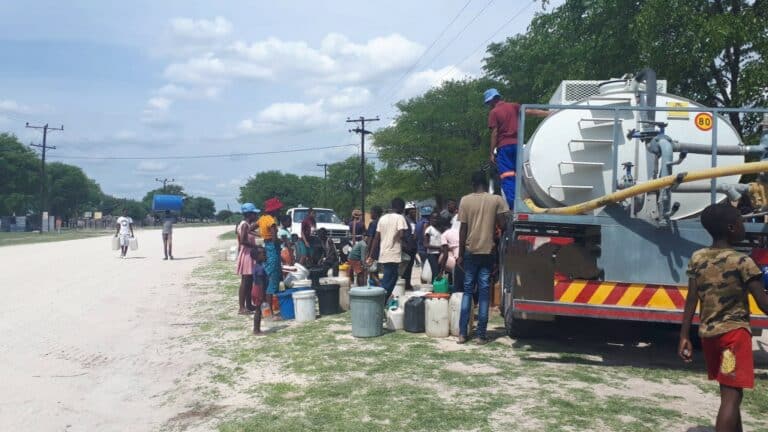
A water tank brings drinking water to the village. The drinking water supply through public and private tabs often failed during my research stay.
Sharing knowledge with the Youth
After the first few months, when I already knew people better, I came up with the idea of offering workshops on CV writing and application procedures. I had trained myself in this area before my PhD and had the impression that this knowledge was needed by many young unemployed people who were just hanging around in the village. The local primary school gratefully helped me out with a room and projector and so together with my research assistant we conducted a total of three workshops on CV writing and job interviews. Nobody came to the fourth planned workshop, which I took as a sign that we had now reached everyone who was interested. Some of the workshop participants subsequently found jobs in nearby safari camps. I hope this has given others few ideas and tools for their career paths. During the workshops and my daily observations, I realized that it actually needed a lot more than a few capacity building workshops to improve young people’s life situations. A lot of funding goes to projects with a nature conservation mission, even if aspects such as community development are now often included, but little goes to projects with a specifically social mission. Consequently, there are very few social NGOs in northern Botswana.
Being only the “day visitor”
While I now felt somewhat integrated in my temporary place of residence, after a few months I expanded my research to the nearest neighboring village. However, I only ever came here as a day visitor, so people only saw me coming and going for a few hours, but didn’t experience me living with them. In addition, many of those interviewed were only seeing me during the interview for the first time. My research assistant asked people in advance whether they would be willing to take part in an interview. However, I encountered more skepticism and doubts here. It was more difficult for me to react to this because, as a day visitor, I couldn’t offer much other help on site. An informant confronted me with concrete suggestions what I could do for the people, but the scope was completely beyond my influence and resources. I communicated this to him. Nevertheless, he expressed his satisfaction that I noted down his suggestions and thereby somehow gave it attention. I also increasingly heard the expectation or hope that after my research I would start an NGO, a project and then hire people. A few researchers had taken this path before and two locally operating NGOs emerged.
Outlook: Enough funding, time and sensitivity for mutually benefitting research relationships
My initial worries about research fatigue and expectations have become much less. I was warmly welcomed by many people and I believe that my stay was helpful here and there and hopefully enriching for some people. None of this would have been possible without the generous funding from the ERC and the long field research period. In addition, the support of my research assistants and my host family was key to getting accepted locally and connecting with people.
Anthropologists often find it easier to establish trusting and reciprocal relationships with long-term field research. But there should also be enough funding for other disciplines that work with people in similar contexts to allow enough time for trust to emerge and to include local needs and desires in the research process. In addition, it also requires a lot of self-reflection, clear and honest communication and sensitivity. Otherwise, trust in science might increasingly decline and exploitive practices in knowledge production continue.
The question of how my research benefits my research participants continues to accompany me and will hopefully become clearer in the process of writing and analyzing my PhD project. Meanwhile I’m working on an illustrated book for my research participants to share some of my research data with them and contribute to the documentation of local knowledge and stories. Realizing a PhD (in Anthropology) is not just about producing knowledge and getting an academic title, but it also might involve sharing lives with research participants and all the emotional and ethical aspects that go along with it.
[1] This was only thanks to the help of a local staff from the NGO I collaborated with for my research.
All photos were taken by the author.
References
LaRocco AA, Shinn JE, Madise K. Reflections on Positionalities in Social Science Fieldwork in Northern Botswana: A Call for Decolonizing Research. Politics & Gender. 2020;16(3):845-873. doi:10.1017/S1743923X19000059
World Bank 2015: Gini index – Botswana https://data.worldbank.org/indicator/SI.POV.GINI?locations=BW
Republic of Botswana, Office of the President. Pilot National Multidimensional Poverty Index Report 2021

